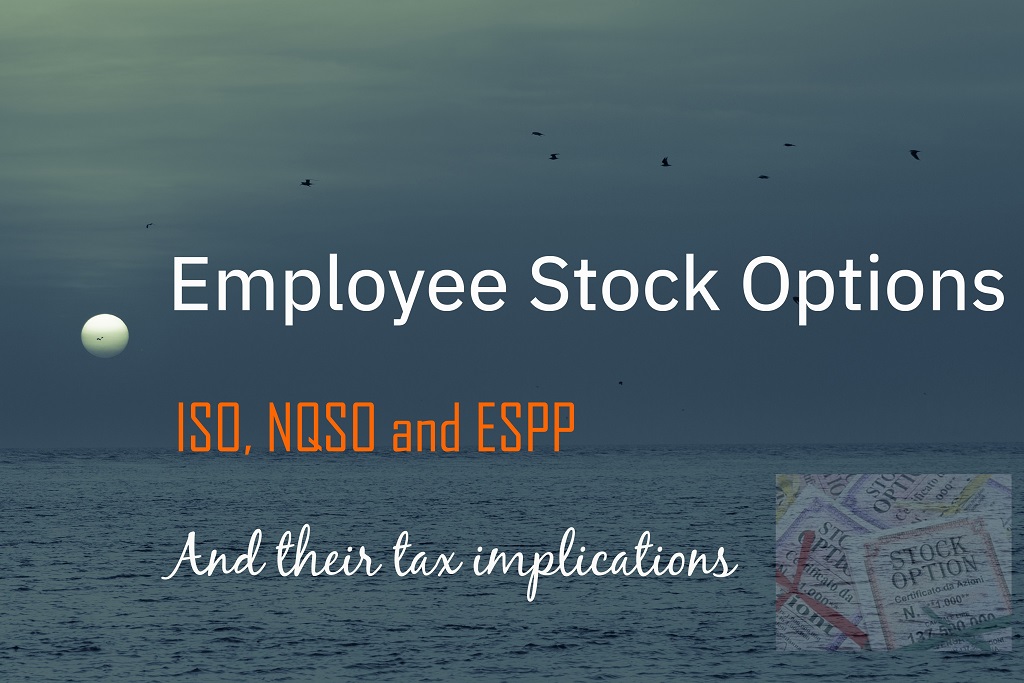Stock Options and Taxes
What are they and how do they work?
I get asked this question a lot and I feel the need to write something to clarify the basic concepts.
If you are reading this article, your company has issued stock options so that you can participate in the growth without any financial risk to you until you exercise the options. Many people who do not understand these options can leave money on the table. This has personally happened to my husband when he was just engaged to me. He was throwing away his options papers (back in the day when everything was on paper) thinking it is junk and when I laid my eyes on that paper … I was shocked. How could he throw away something that would turn out to be of value for our retirement.
So what exactly are stock options?
If you receive an option to buy or sell stock as payment for your services, you may have income when you receive the option (the grant), when you exercise the option (use it to buy or sell the stock ), or when you sell or otherwise dispose of the option or stock acquired through exercise of the option. The timing, type, and amount of income inclusion depend on whether you receive a non-statutory stock option or a statutory stock option. Your employer can tell you which kind of option you hold
There are 2 types of options. They are treated very differently for tax purposes
Statutory stock options
Non Statutory stock options
Disclosure: This material has been prepared for informational purposes only. It is not intended as a substitute for personalized professional advice. You should consult your own tax advisors or contact us if you need help with implementing any ideas shared on this page.


